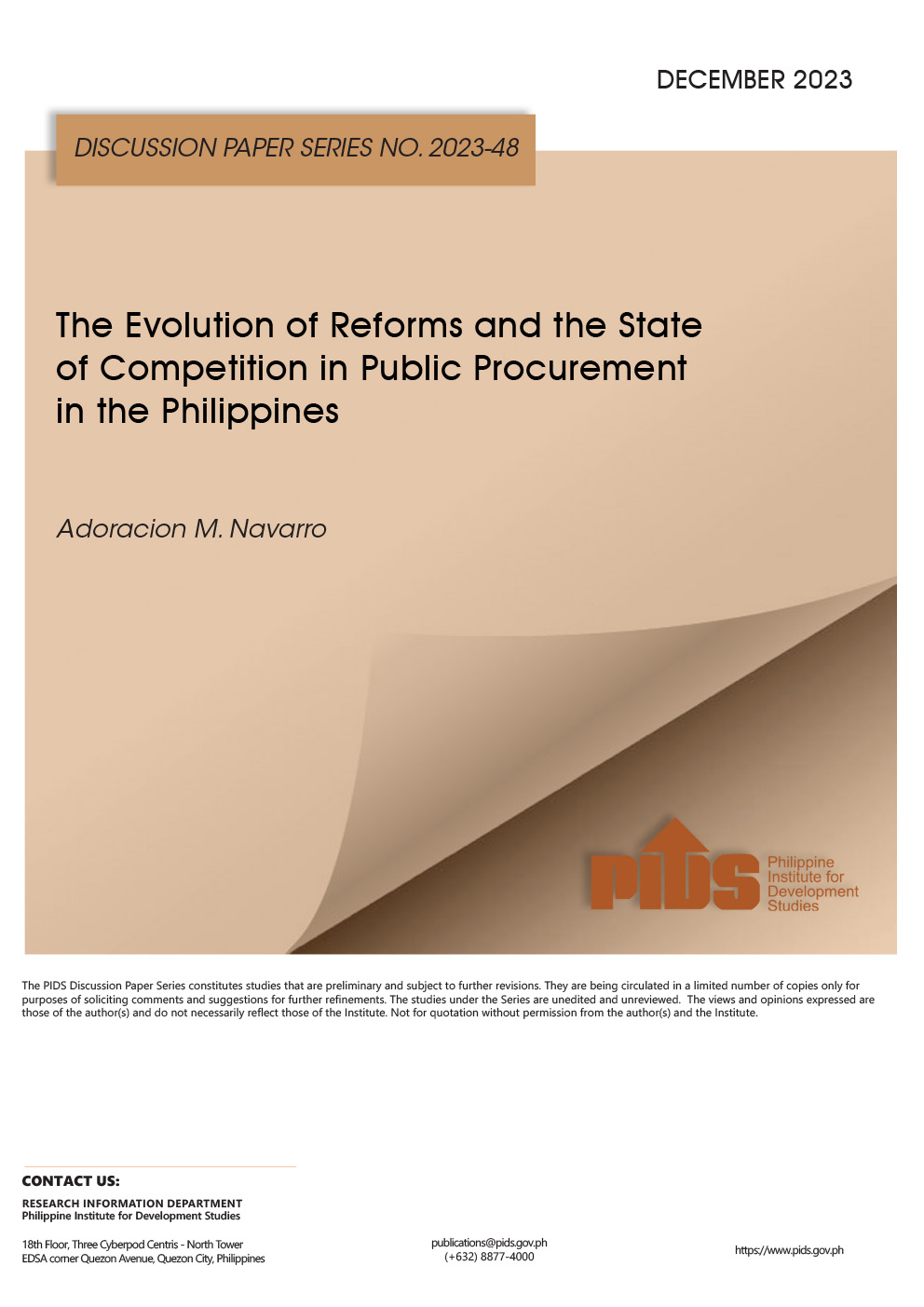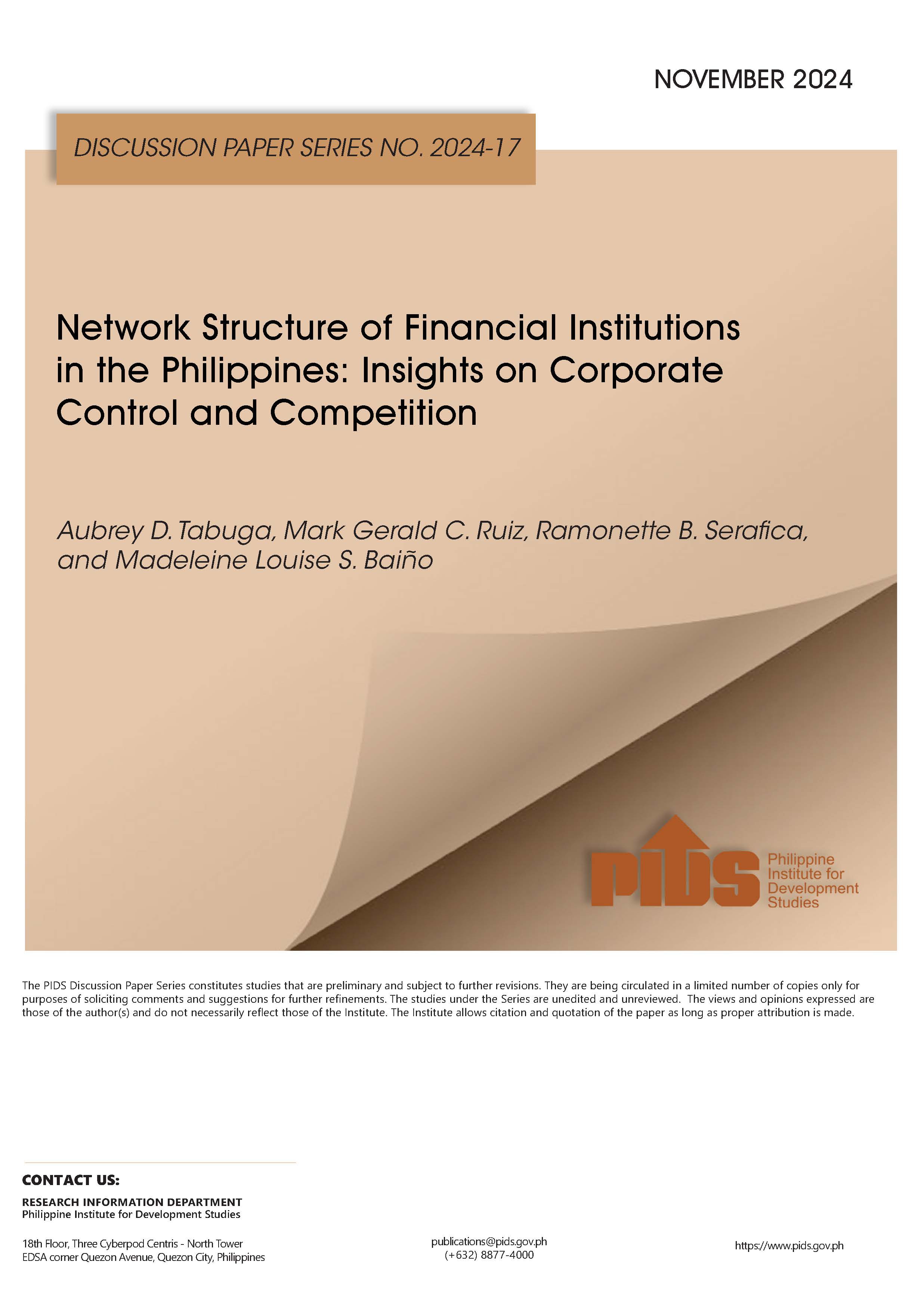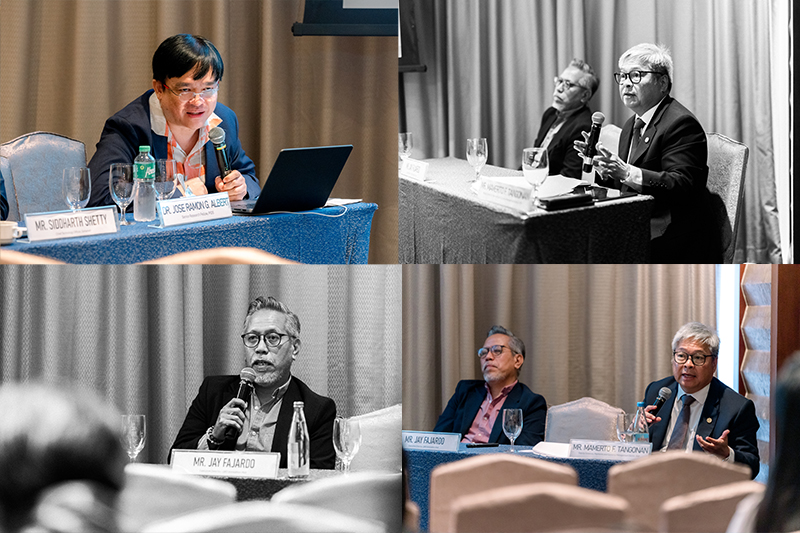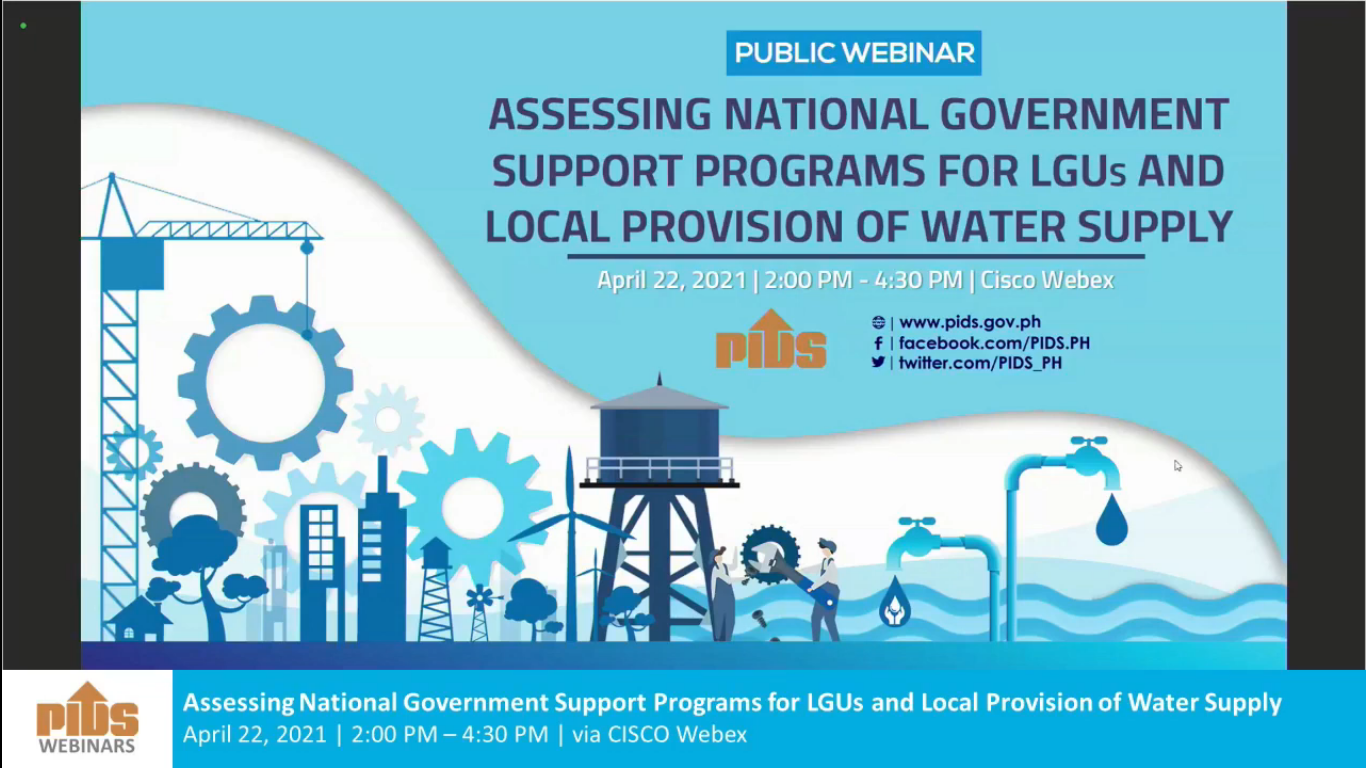TWO prominent economists urged business players in the Visayas to support the passage of a competition bill, which remains pending in the 16th Congress.
Of the 10 member-countries of the Association of Southeast Asian Nations (Asean), the Philippines still lacks specific competition legislation, just like Brunei Darussalam, Cambodia, Laos and Myanmar.
"We are lagging behind top Asean countries in terms of having a good and strong competition law. This law is important because it levels the playing field, protect consumers and eliminates monopolies and cartels,” said Gilberto Llanto, president of the Philippine Institute of Development Studies (PIDS).
Although the country has constitutional provisions on competition policy, it needs a more specific competition law, Llanto said, to ensure market contestability and regulate anti-competitive practices.
He said that such a policy will lead to large price reductions, innovations and product development. It will also create a fair business environment that will attract more foreign investments, as well as help micro, small and medium enterprises (MSMEs) compete with large enterprises and with their peers in Asean.
Among the problems MSMEs face are the regulatory frameworks, entry barriers and cost of doing business. Anti-competitive actions, like preventing access to inputs on fair terms, also block the entry or expansion of competitors.
Proposed by House Speaker Feliciano Belmonte Jr., House Bill (HB) 1133 or the Philippine Fair Competition Act of 2013 aims to regulate unfair competition, monopolies and cartels, which will ultimately protect consumers.
This bill is an updated version of HB 4835, filed during the 15th Congress.
"House Bill 1133 aims to encourage fair and free economic competition by prohibiting the abuse of market dominant positions and the excessive concentration of economic power,” said Belmonte in a statement.
He said the lack of genuine competition in certain industries impairs public welfare and undermines the country’s credibility to provide a business climate conducive to investment.
He also said a comprehensive competition policy will further boost the gross domestic product and real wages, while bringing down prices.
Llanto urged business leaders in the Visayas to support the bill and ask lawmakers for its speedy enactment.
Economist Cielito Habito also stressed the importance of having a competition law to attain more inclusive growth.
"This law is important for a country that lacks inclusive growth because it will level the playing field, thus, allowing small players to attain business growth,” said Habito during the 23rd Visayas-Area Business Conference yesterday.
Llanto added there is a need to establish a competition culture by educating consumers, private business, and civil society. "We need to spread the good news that a competition policy works for the consumers and producers, that leads to an increase in general welfare,” he said.
Aside from the speedy enactment of the bill, Llanto added the country should also pursue further reforms such as the removal of regulatory barriers to entry in services; allow more foreign participation be relaxing the 60-40 percent rule; and remove non-tariff barriers to trade and restrictions on ownership and investment.
House Bill 1133 provides for the creation of a Philippine Fair Trade Commission under the Office of the President. It will be tasked to investigate and start the prosecution of those engaged in unfair trade practices. The measure also proposes to prohibit anti-competitive mergers.//









